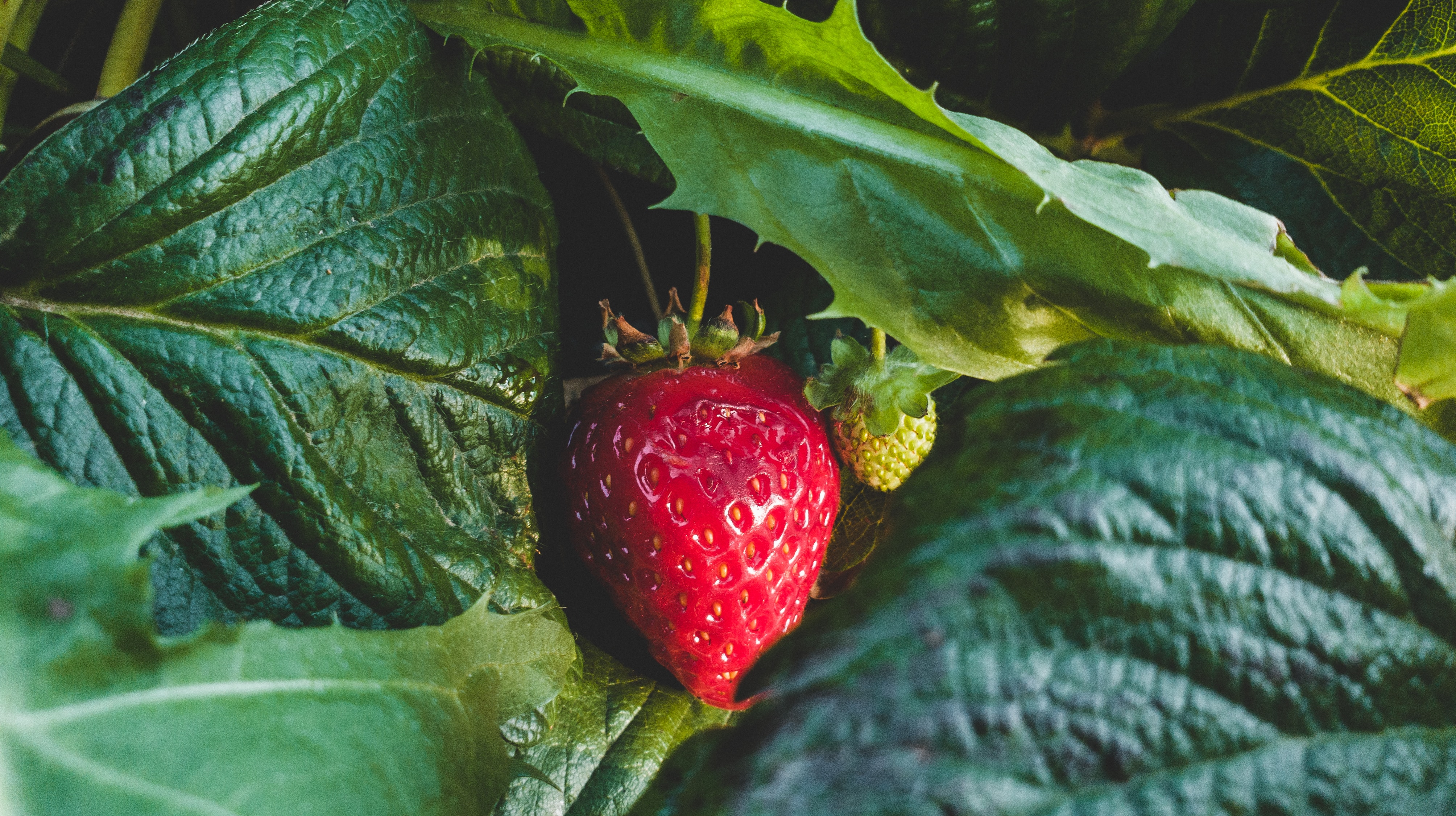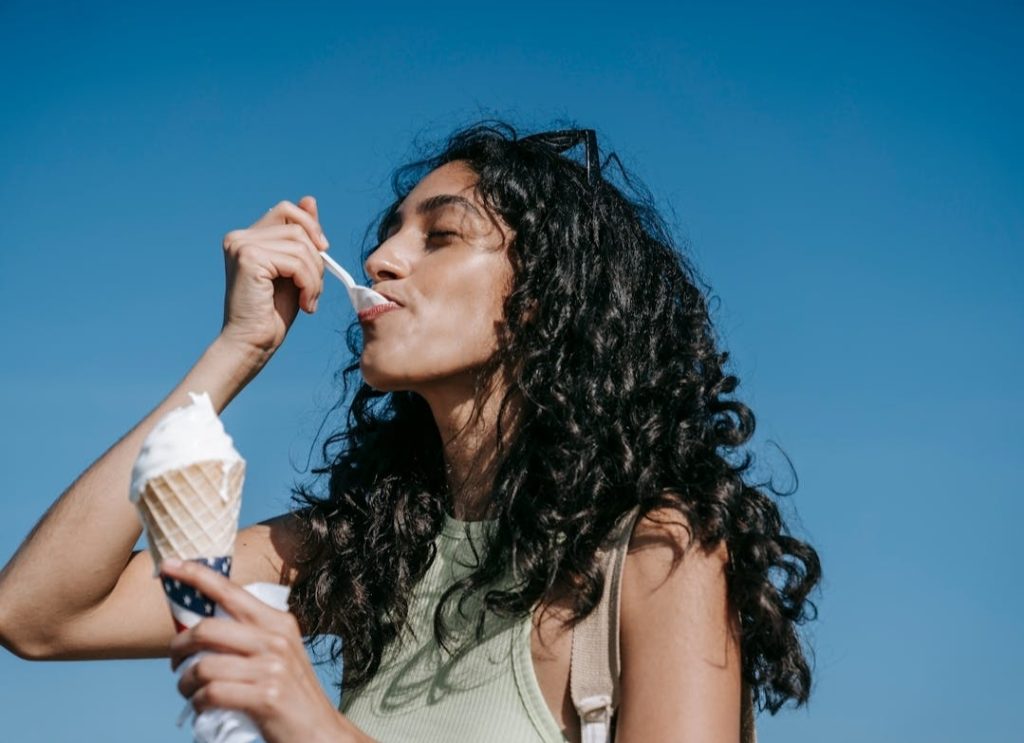When beginning a new, healthier lifestyle, we tend to do a lot of research on the best way to approach it so hopefully we don’t fall off the bandwagon again. We follow each rule of our diet as if it were the most important thing. This method usually fails to work only because we get so immediately exhausted from changing too much at once. Following such a strict diet sets us up for failure and is usually broken because it is too restricted. A few small changes at a time will help you slowly get to where you need or want to be without feeling deprived.
A trip to the grocery store can be a daunting task when trying to make healthier food choices. Marketing companies use words like “all natural” and “organic” to make it even harder. These two words mean very different things and many people think they are the same. “All natural” means the food does not contain added color, artificial flavors, or synthetic substances. “Organic” produce is grown without the use of pesticides, synthetic fertilizers, sewage sludge, genetically modified organisms, or ionizing radiation. Put down your dictionary and calorie counting phone apps, ladies; we are going to make this a bit easier for you to navigate!
Being the huge foodie that I am, I love to find simple ways of eating healthier. I get asked a lot if eating organic is worth the price. It is a personal decision; I do not purchase all my foods in the organic section. For some foods I always buy organic because of their pesticide content. A large percentage of our fruits and vegetables contain pesticides, that’s why organic is definitely more appealing. This route can also be much more expensive. The truth is you don’t have to purchase everything organic unless you want to. Certain fruits and vegetables, however, you should always purchase organic because of their high pesticide content.
The Environmental Working Group, or EWG, creates a list every year of fruits and veggies known as the “Dirty Dozen” that are incredibly important to buy organic because of those pesticides. Some that I just automatically go organic for are cherry tomatoes, kale, apples, pears, peaches and especially strawberries. Believe it or not, one strawberry has over 20 pesticides in it! Foods that don’t necessarily need to be purchased organically are known as the “Clean 15.” A few of these are avocados, sweet corn, melons and bananas. These all have skins that protect the part we eat from the pesticides. Thinking of food in that way can be a more economical way to approach the healthy eater’s guide. The EWG also posts these foods online yearly so that all of us shoppers can know what to stay away from, whether deciding to purchase organic or not. Making healthier choices in the grocery store can lead to significant changes in your diet and overall wellness.
Our Her Nexx Chapter Community invites you to join us where women are connecting with each other’s stories, exploring different experiences, and transforming ideas.
The Future of Connection for Women
About Our Author
Follow us:







